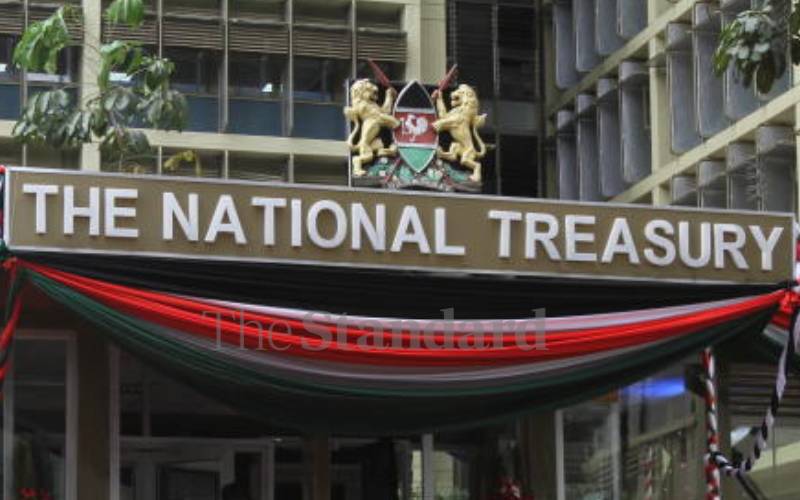×
The Standard e-Paper
Smart Minds Choose Us

It is impossible to spend money released on the last day of the financial year. [Elvis Ogina, Standard]
At about 6pm on June 30th, 2021, the last day of the financial year 2020/21, many counties received the bulk of the funds that have been outstanding from the National Treasury. This was a cruel joke on Kenyans by the otherwise affable National Treasury Cabinet Secretary Ukur Yatani.